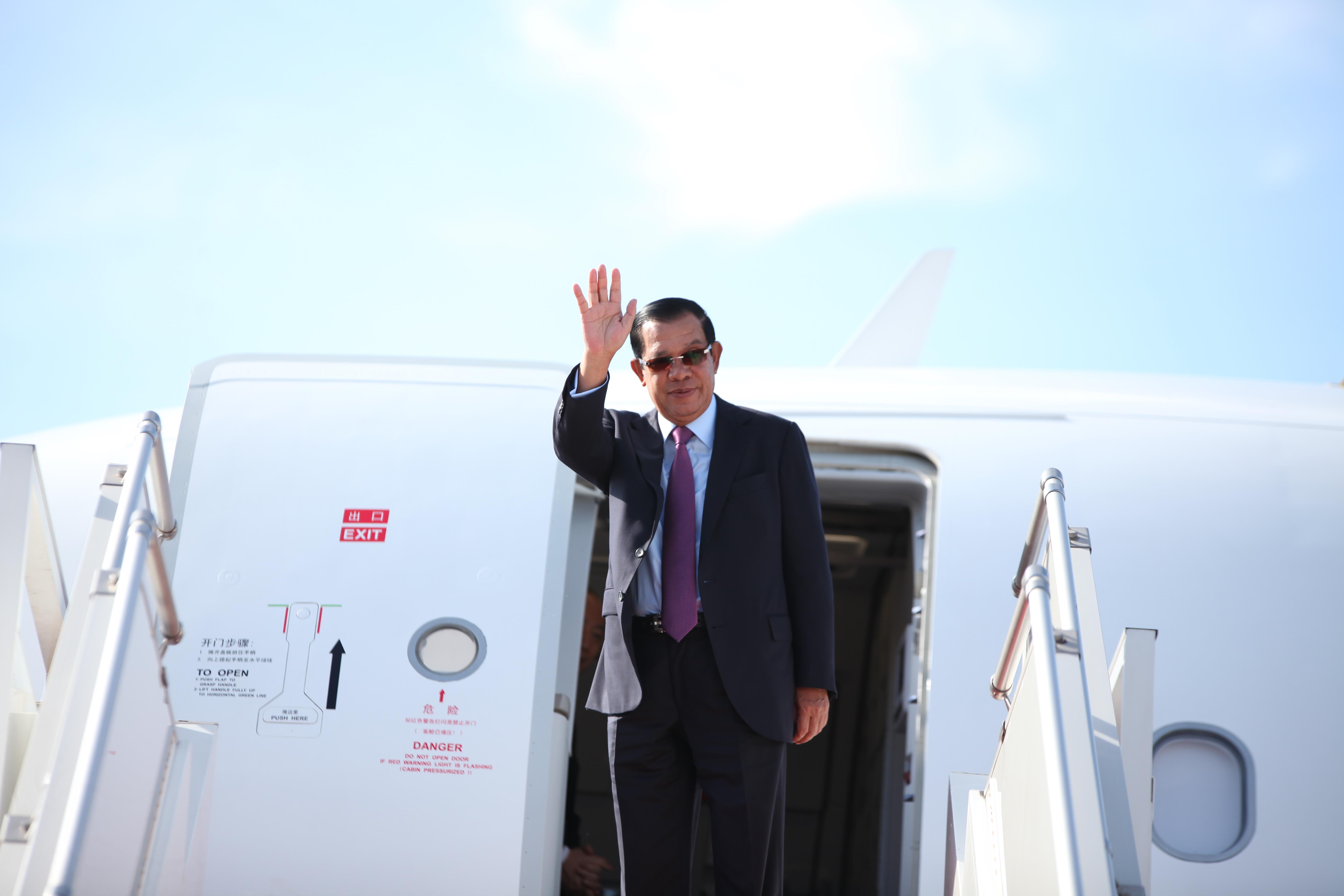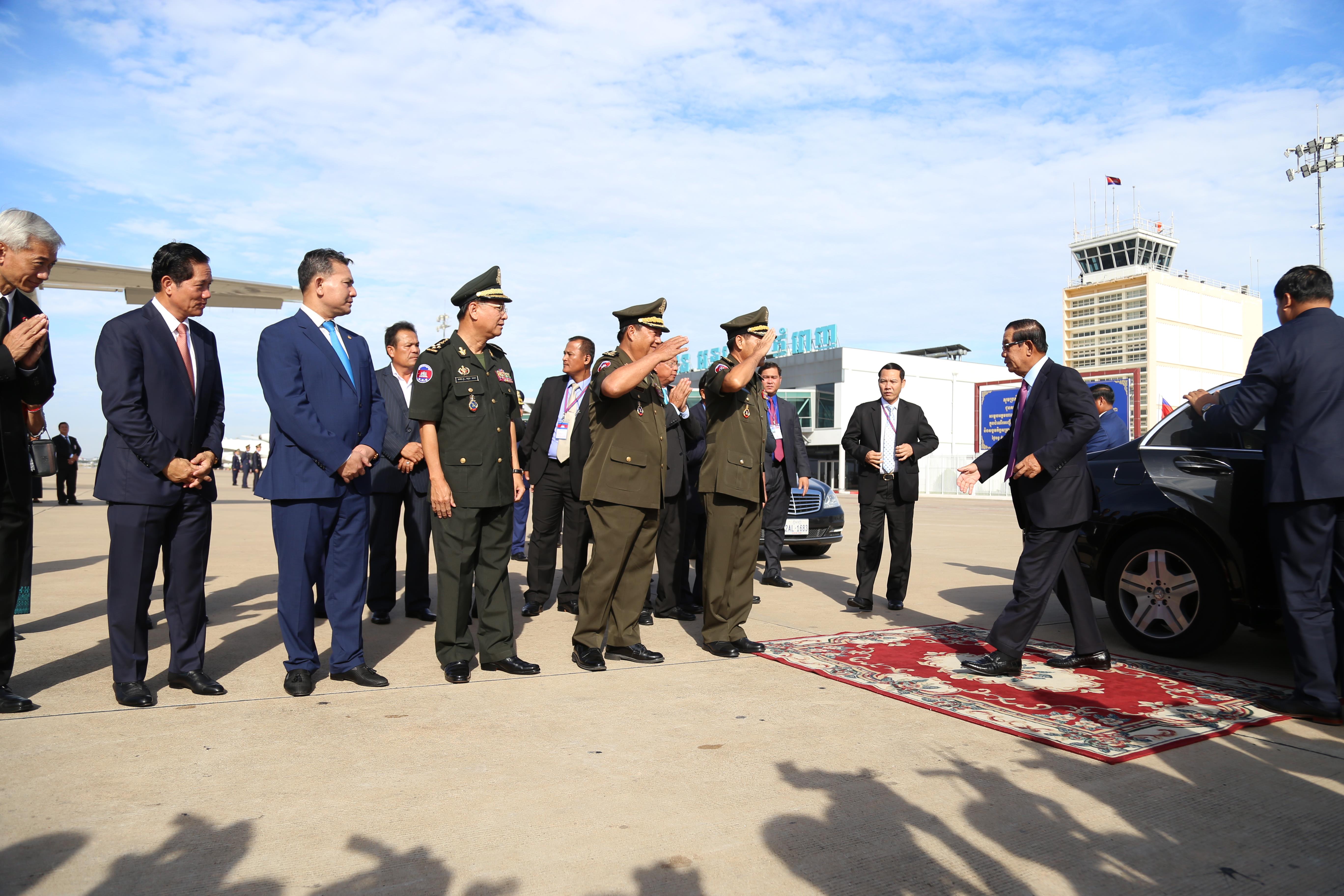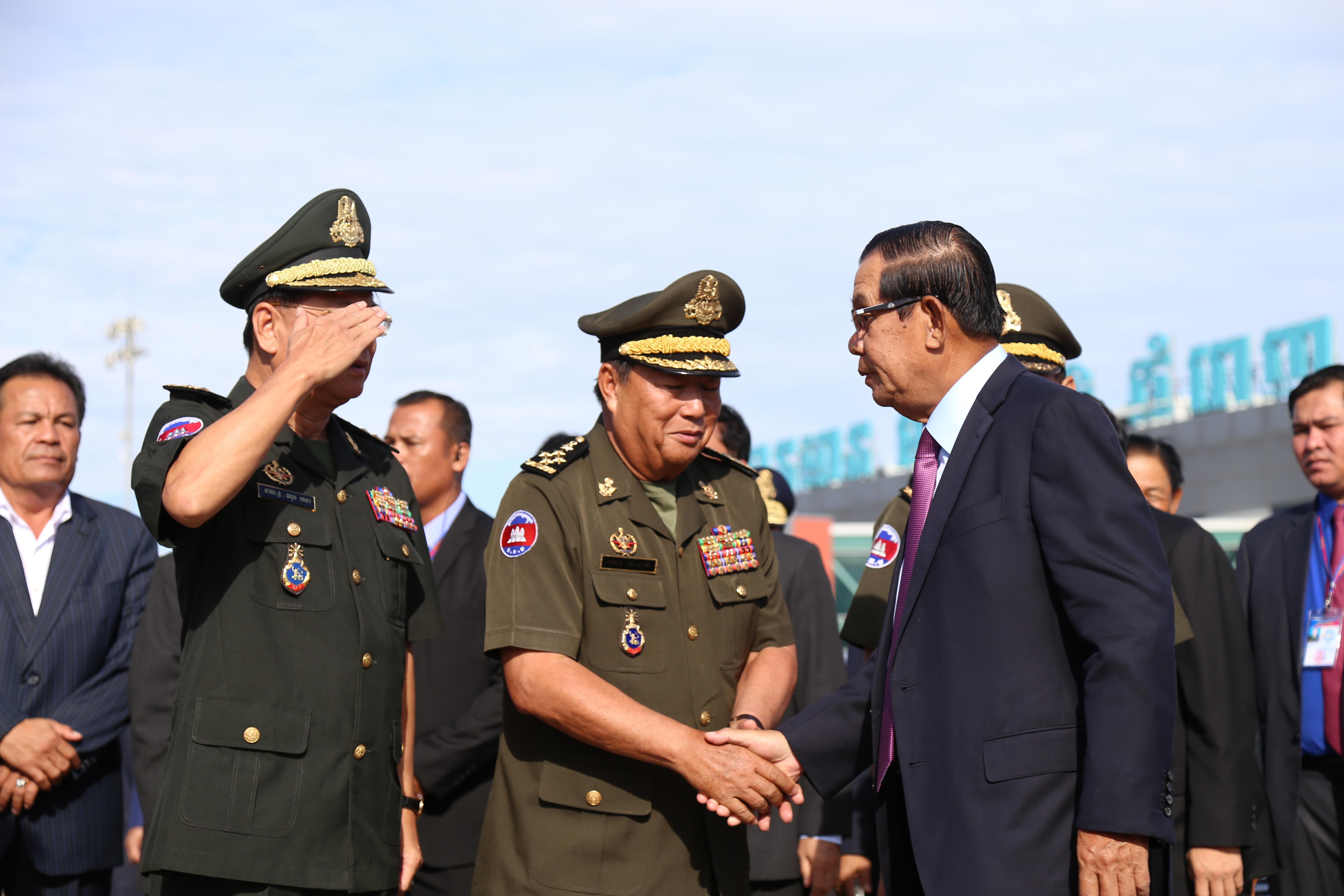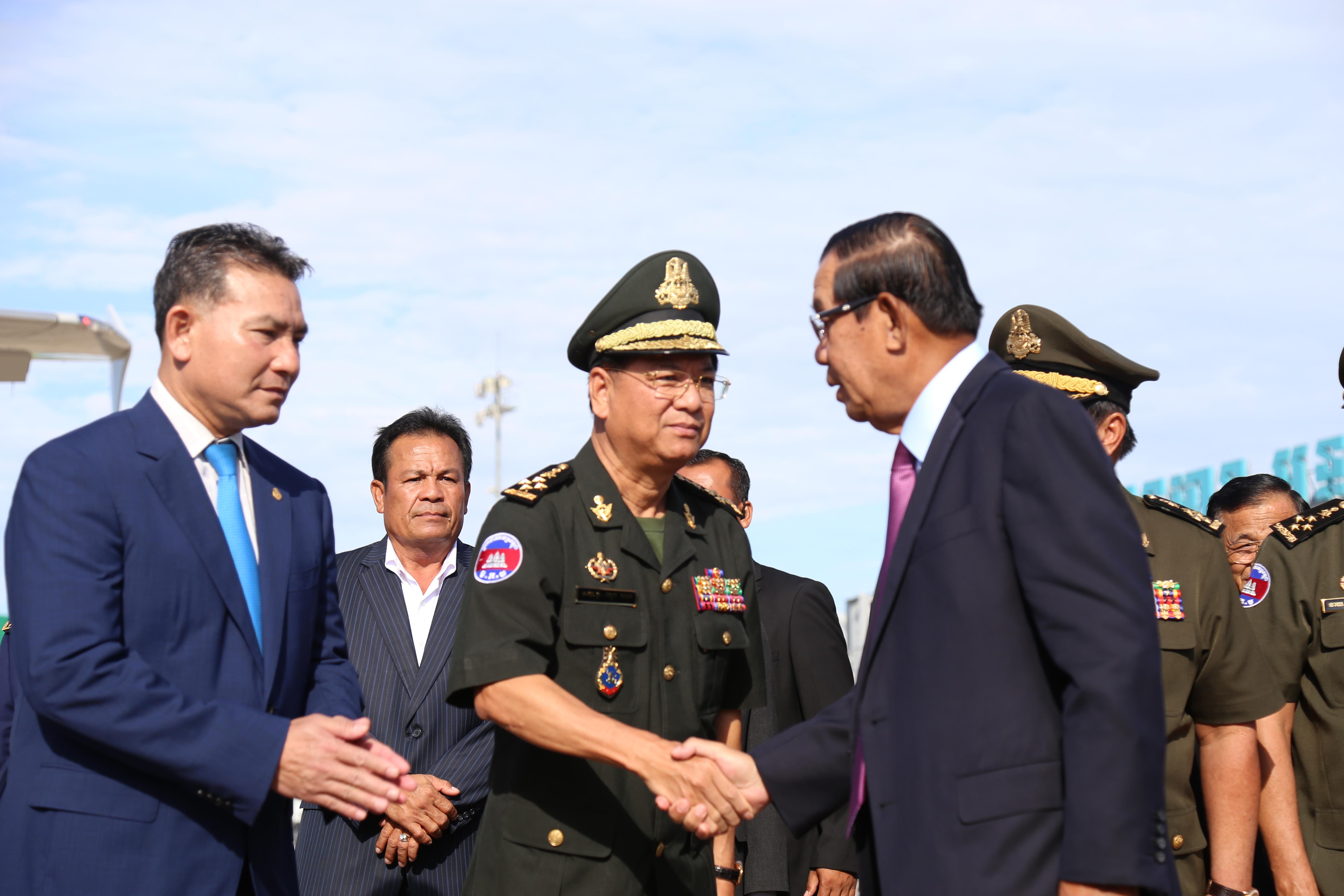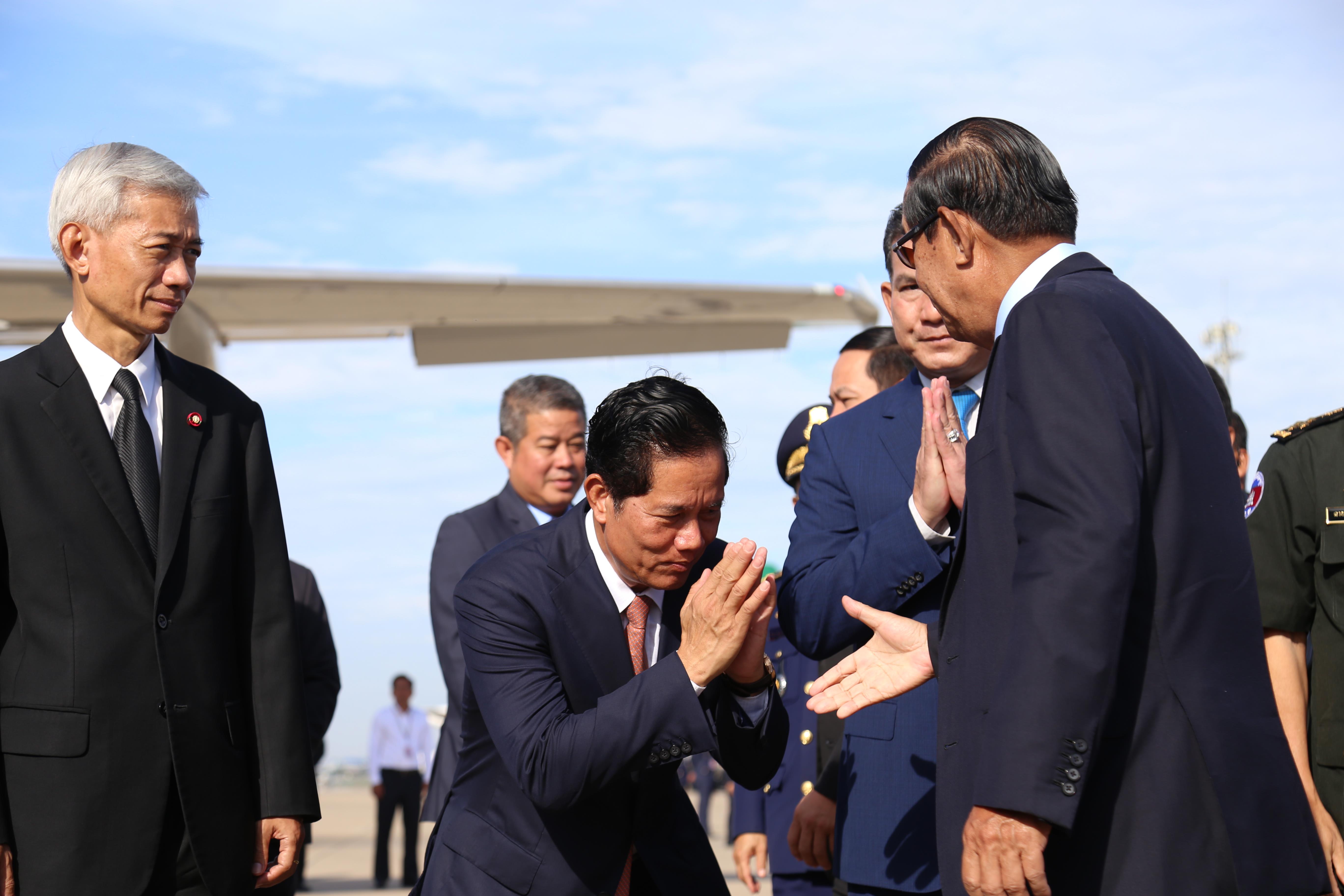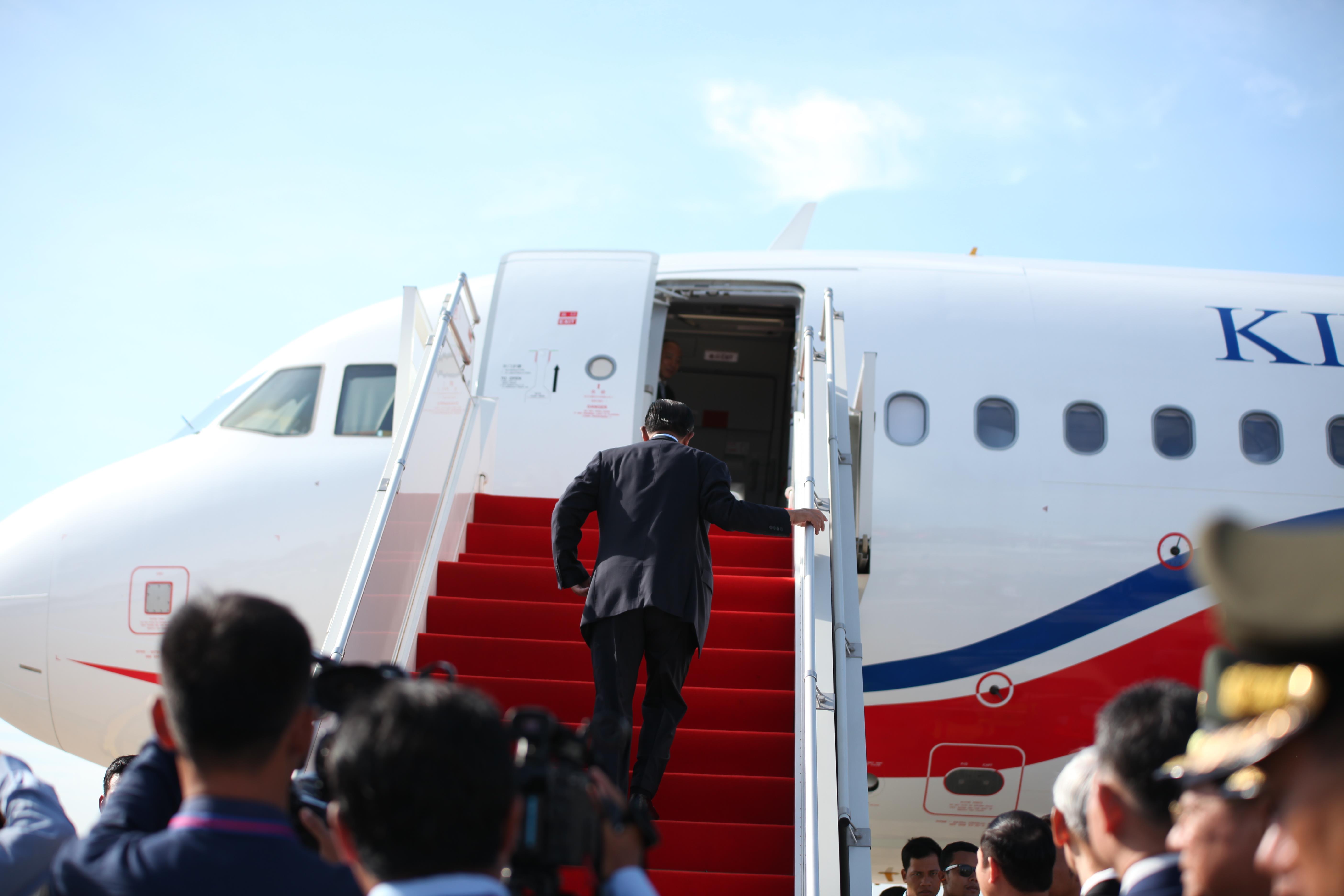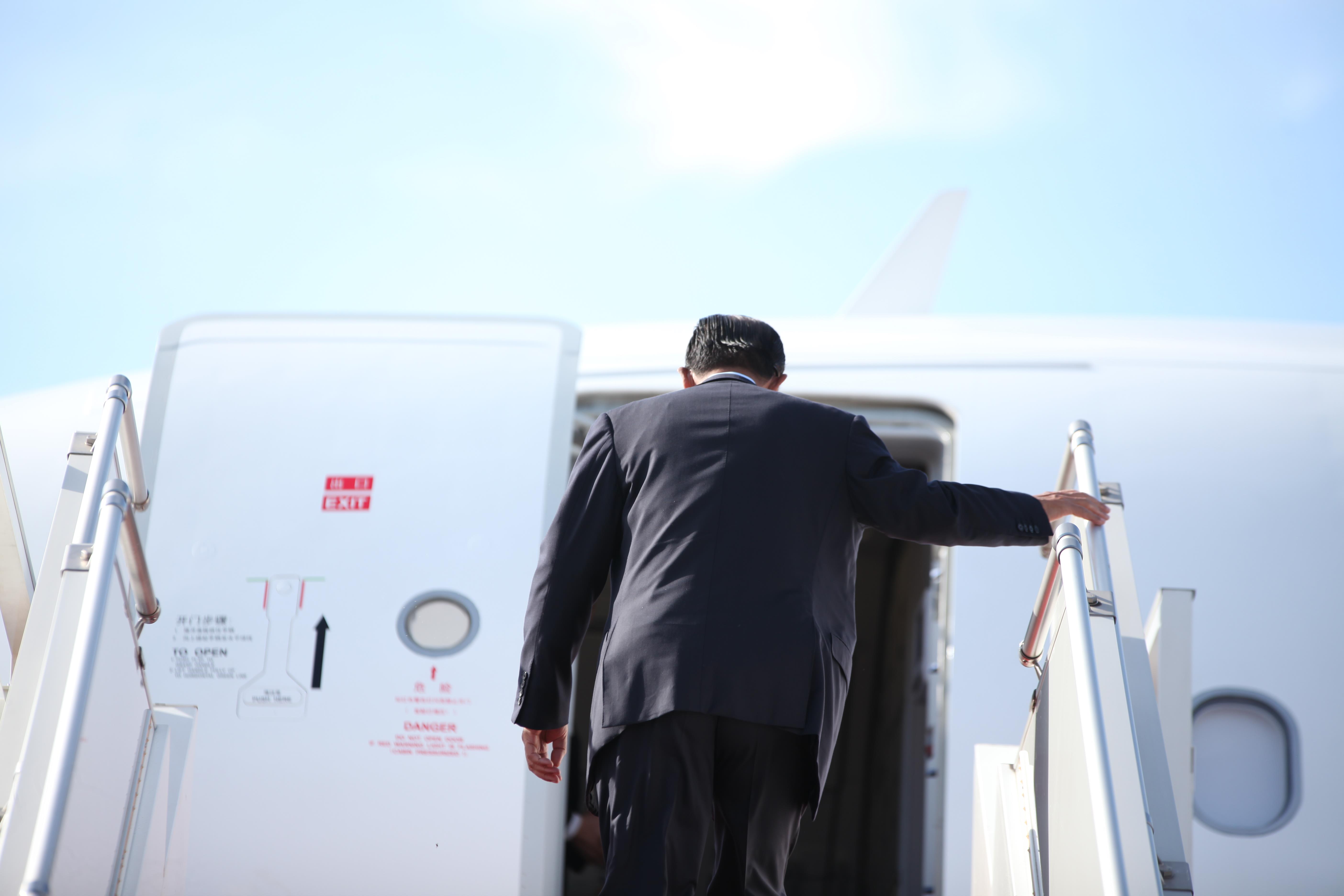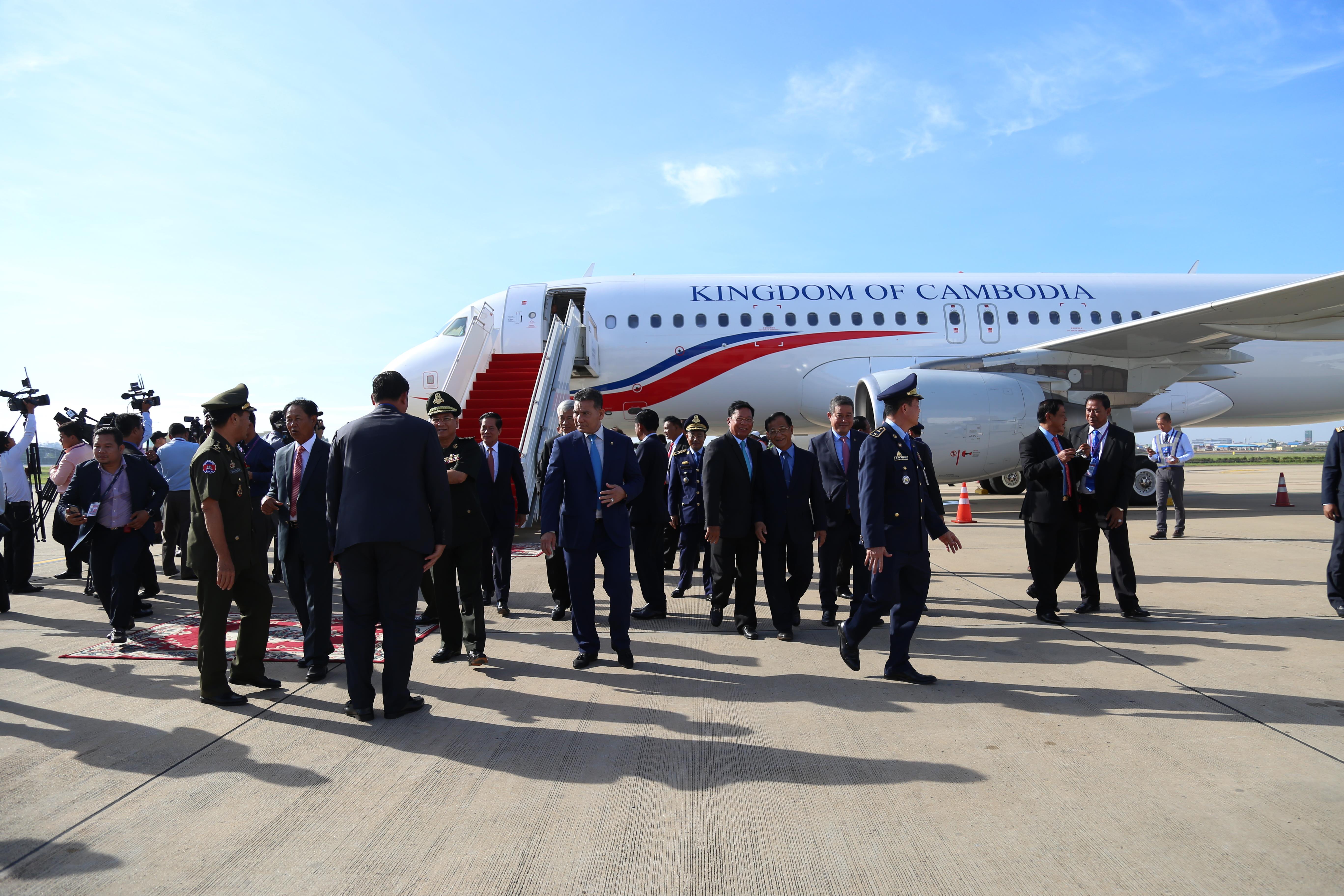Phnom Penh (FN), May 27 – Cambodian Prime Minister Hun Sen departed Monday morning from Cambodia to Bangkok, Thailand, to attend the 75th session of the United Nations Economic and Social Commission for Asia and the Pacific (UN-ESCAP) under the theme “Empowering people and ensuring inclusiveness and equality”, from 27-31 May 2019.
Prime Minister Hun Sen will deliver a key note address in the Opening Session focusing on Cambodia’s experiences in socio-economic development thereby improving the quality of life of all Cambodian people.
This annual convention consists of two parts; Ministerial Meetings will be held from 27 to 28 May 2019 and The Senior Officials' Meeting from 29 to 31 May 2019
The annual session will be attended by Princess Maha Chakri Sirindhorn, and Prime Ministers, Deputy Prime Minister, the Ministers for Foreign Affairs, and the officials of the 53 member countries and 9 state observers from Asia and the Pacific representing major United Nations agencies, international organizations, international financial institutions, NGOs, civil society and many private sectors.
The main purpose of the session is to review and approve the report of the UN-ESCAP and its member states in 2018 as well as 2019 further development plans and programs proposed by the UN-ESCAP and the member states. These reports and action plans will be submitted to the United Nations Economic and Social Commission (ECOSOC) and the United Nations General Assembly in September.
Cambodia joined the UN-ESCAP since 20 August 1945 with an annual contribution of US$10,000 to support UNESCAP’s activities.
Cambodia has also benefited greatly from the cooperation with UN-ESCAP, including (a) receiving inputs for macroeconomic policy preparation, poverty reduction and sectoral development; (b) receiving training courses in data analysis for environmental, economic and social situation analysis and capacity building; (c) trade and investment facilitation; (d) promoting the Asian Highway, the Trans-Asian Railway Network and Paperless Trade Facilitation; (e) environmental sustainability and sustainable development; (f) technical supports, communications, information serving in various sectors; (g) support on social development, such as gender equality, crackdown on human trafficking, HIV/AIDS, promoting rights and welfare for people with disabilities, and promoting education.
=FRESH NEWS
